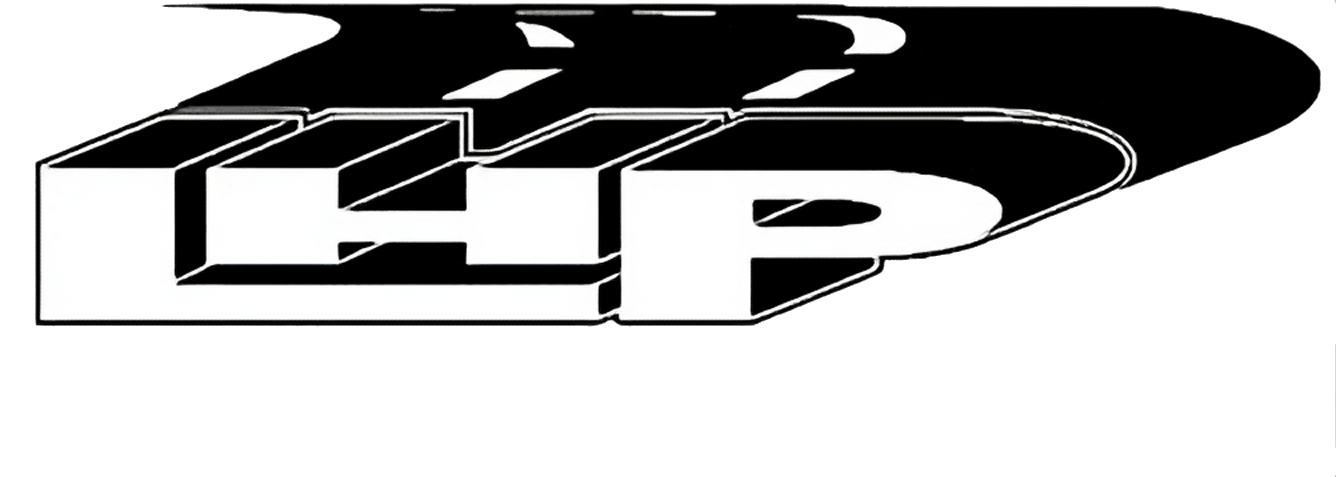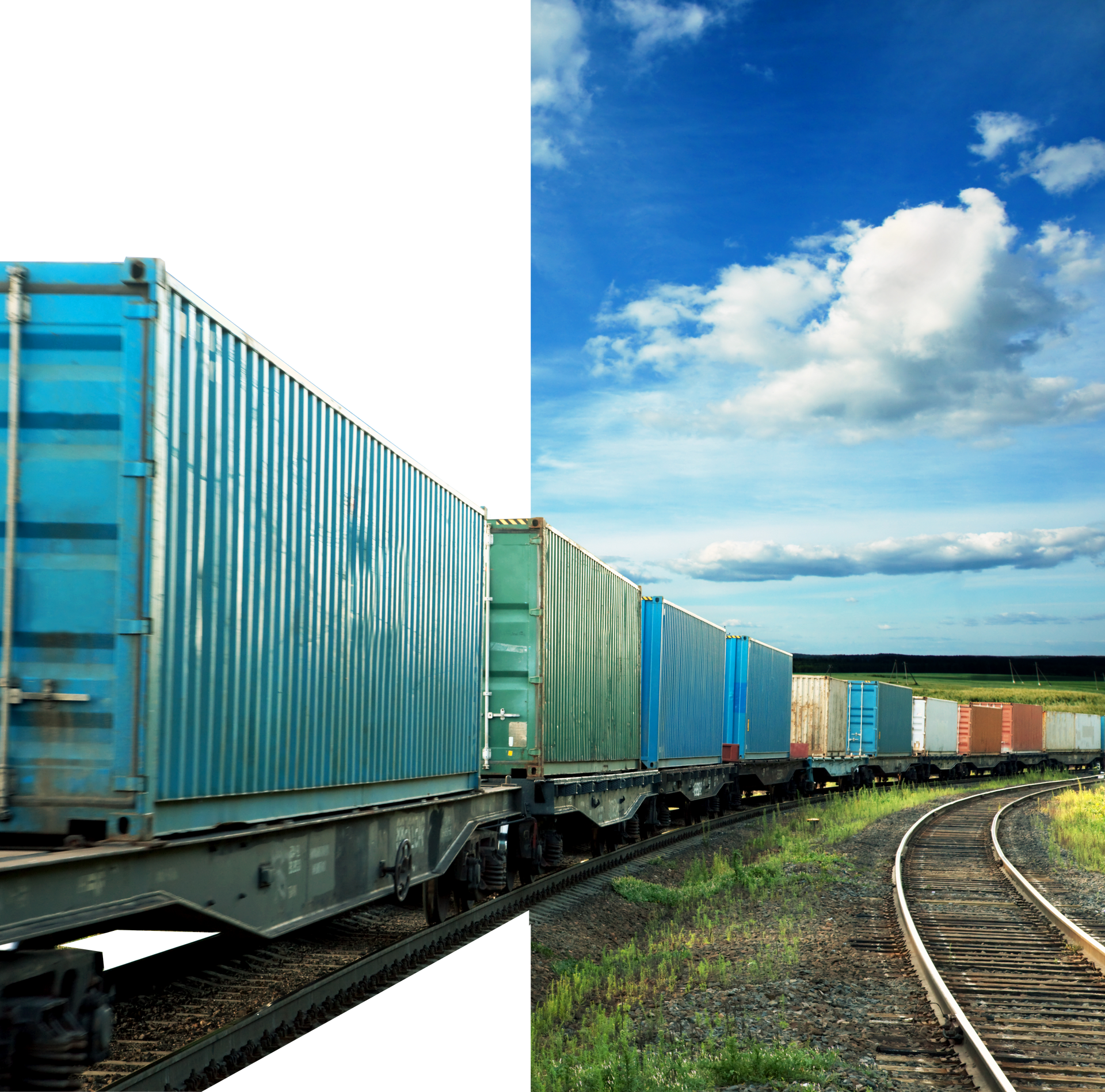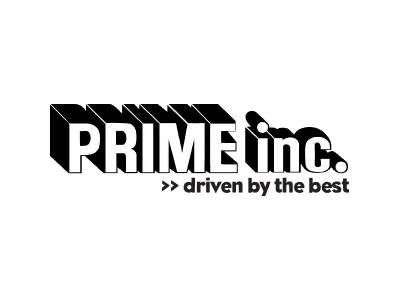Rail Shipping
Shipping Reliably and Affordably
Utilize the efficiency, reliability, and affordability of our all-encompassing rail shipping offerings. LHP Transportation Services spans all of Mexico, America and Canada, providing the versatility and breadth to cater to every business. Read more below
Advantages of Rail Shipping
Rail shipping is environmentally friendly, cost-effective due to economies of scale, and offers consistent delivery times unaffected by weather or traffic.
When to Use Rail Freight
Rail shipping is particularly valuable for businesses transporting large, non-urgent, or bulky items over long distances where road transport may be challenging or costly.
Connectivity with Other Modes
Rail freight doesn’t operate in isolation. Often, goods transported by train are transferred to trucks or ships for the beginning or end parts of their journey. This multimodal approach ensures goods reach places not directly accessible by rail. Integration with other transport modes provides flexibility and ensures a wider reach for businesses.
Rail Freight: The Basics
Rail freight involves transporting goods over long distances using trains. As one of the oldest methods of shipping, it's stood the test of time due to its efficiency and capability to handle bulk goods. Trains can carry a wide variety of cargo, from raw materials like coal and timber to finished products like cars and electronics. Because of their design, trains can transport large quantities at once, making it a cost-effective option for many businesses.
FAQ's
Bulk Shipping via Rail
Unpacked, large quantities
Bulk cargo, often unpackaged and in large quantities, dominates freight railroads, with specialized hopper cars, either open or covered, facilitating automated handling, loading, and unloading.
Container Shipping
Single or Double Stacked
Double-stack containerization involves transporting two containers, one atop the other, on a single rail car, optimizing space and improving freight efficiency. Single stack: A truck driver positions a semi trailer onto an Adaptor Plate (similar to a large automation pallet), unhitches the trailer, anchors it to the Adaptor Plate, and drives away. The Adaptor Plate is automatically staged, via conveyors, along side of a set of train tracks.
Refrigerated Shipping
Temperature Controlled
Refrigerated rail cars, or "reefers", are refrigerated boxcars designed to carry perishable freight at specific temperatures. They are insulated and equipped with a built-in refrigeration system, which can use ice or other technologies
Special Cargo on Rail
Custom Rail Cars
Various cargo types require specialized rail cars, such as autoracks for automobiles, coil cars for steel strips, refrigerator cars for temperature-sensitive goods, center beam flat cars for lumber, and Schnabel cars for oversized loads.
Shipping Modes on Rail
What type of rail car is needed?
Rail freight utilizes various types of cargo carriers, including box cars for general items, flat cars for heavy or sizable loads, well wagons for road vehicles, refrigerator vans for food, open-topped wagons for bulk materials like minerals and coal, and tankers for liquids and gases. Coal and aggregates typically move in hopper wagons or gondolas for quick filling and discharging, streamlining material handling.
Your Rail & Intermodal Partner
Feel free to contact us for additional info
Rail & Intermodal Shipping
LHP Transportation Services manages hundreds of Rail & Intermodal loads each year, all across North America.





